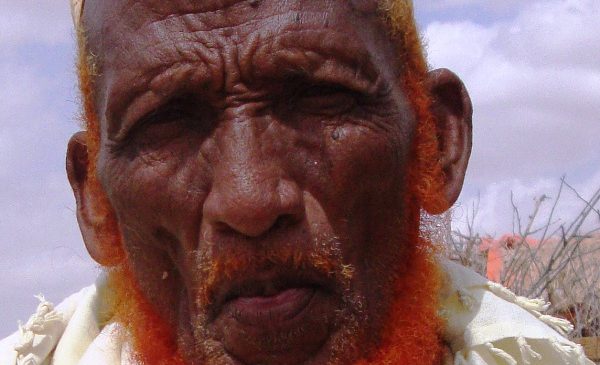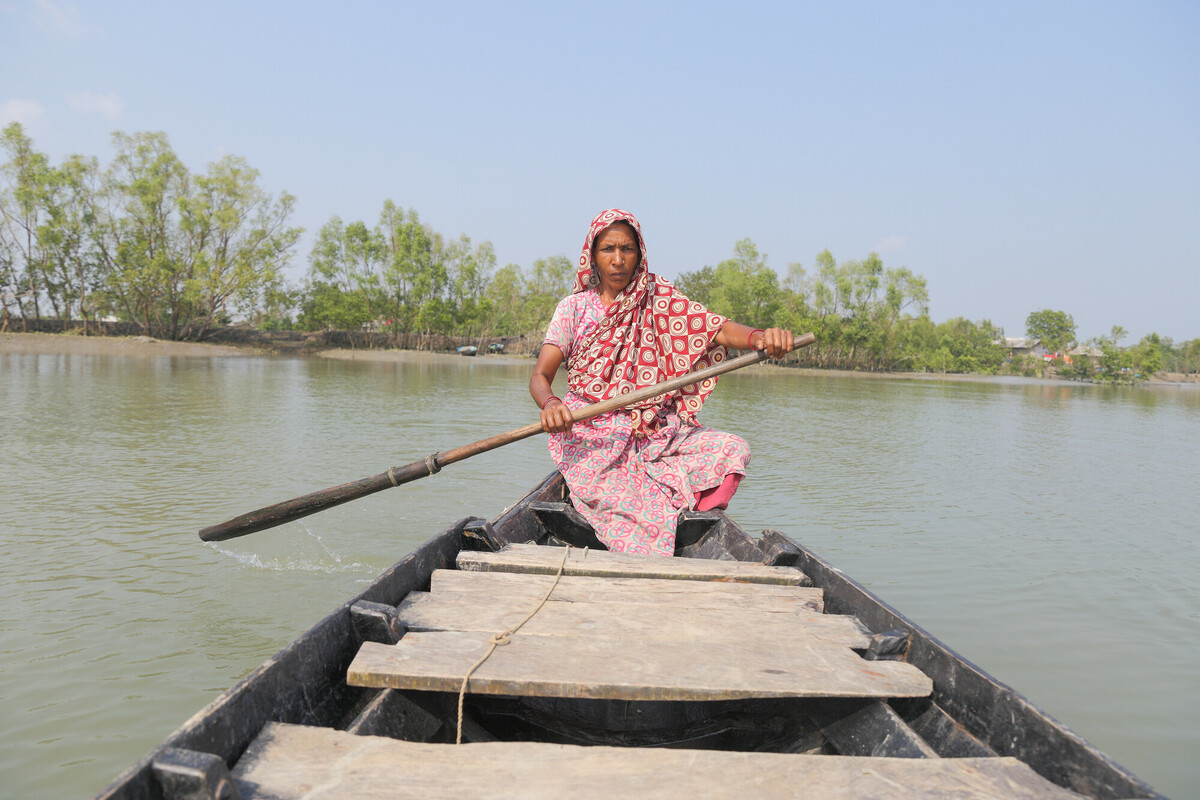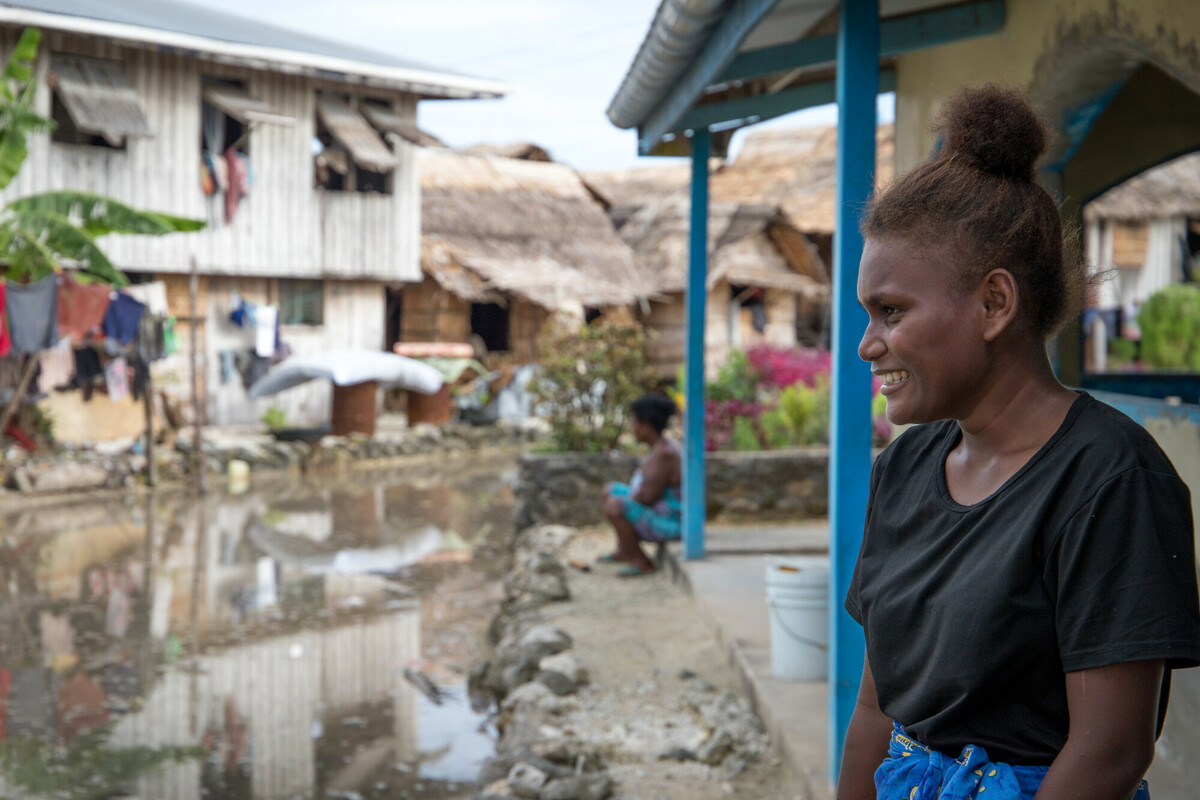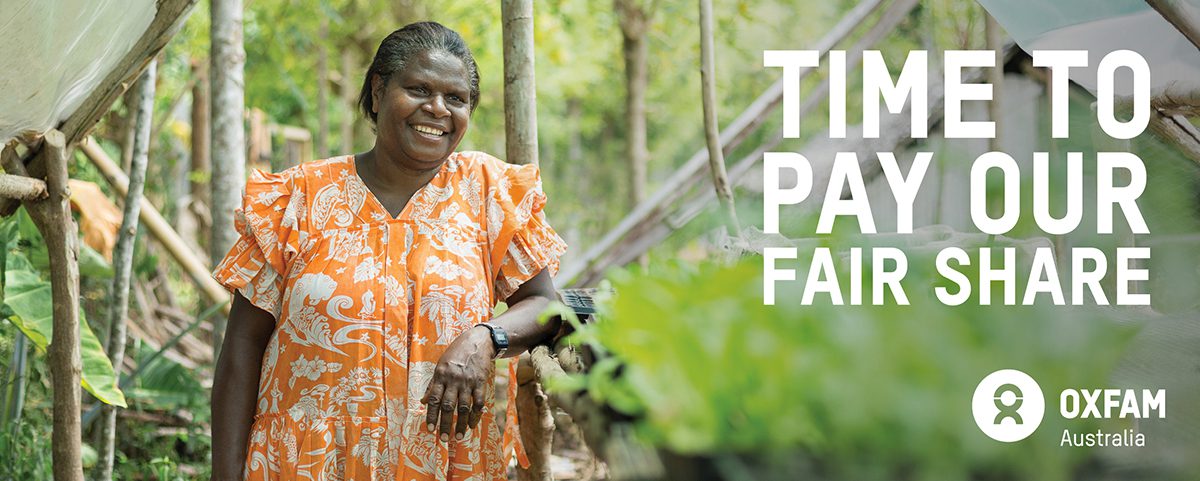In the run up to this year’s UN climate conference in Durban, South Africa, Oxfam is supporting communities to speak out about the impact that climate change is having on their lives.
In drought prone areas of Kenya Oxfam has worked with communities to organise climate hearings. 4 million Kenyans currently face hunger as a result of failed rains. The northern regions of Turkana and Wajir are experiencing chronic drought, which has left over half the population dependant on food aid. Although the rains have now started, they are by no means enough to solve the problems and they introduce other dangers, such as cholera.
The hearings are a vital opportunity for communities to speak out about the dramatic impact that climate change is having on their lives. Testimony from the hearings paints a devastating picture of lives and livelihoods that have been severely disrupted by what communities see as a changing climate.
Cattle are crucially important to pastoralists, as Halima Abdulahi Bardad, 37, from Wajir, puts it, “our livestock is our bank account… without them, we cannot eat, dress or even take our children to school.” But with changing weather patterns, cattle-rearing is more and more difficult. “Our livestock are feeding on anything now from polythene papers to human waste. They are starving, just like the owners,” says Ekiru Adung, 61, from Turkana.
Women in particular suffer from the consequences of a changing climate. As Christine Ateru, from Turkana, says “climate change has changed the lives of women, we are now unable to feed our children once the livestock dies.” When household incomes suffer, girls are often forced to drop out of school to help their families at home.
But people here are taking action to help their families and communities cope with the changes in climate that they are experiencing. Many who have been forced to sell their cattle have diversified. “I have now resorted to keeping camel and… goats as they are hardier than cattle” says Ekope Imo, from Turkana. Others are turning to alternative sources of income, like fishing, weaving and other handicrafts.
These communities are acutely aware that more needs to be done by world leaders to support them. “Our story should not always be about starvation, we need help so that we can be able to provide for ourselves even when the rains don’t come,” says Ibrahim Mohammad Hussein, 63, from Wajir.
They are demanding that leaders at national and global levels take action. “Our leaders cannot bury their heads in the sand and pretend that there are no changes in the weather,” Ibrahim adds, “Do we have to die for them to act?”
At the UN Climate Change Summit in Durban Oxfam will be working to ensure leaders take action to curb harmful emissions and support communities, like those in Turkana and Wajir, to adapt to the effects of climate change.



